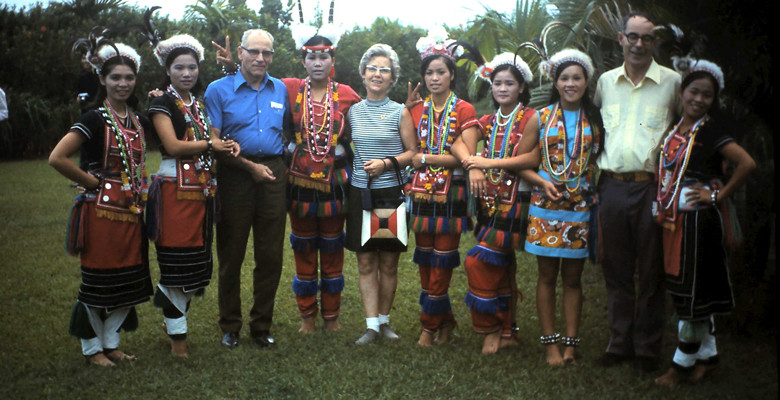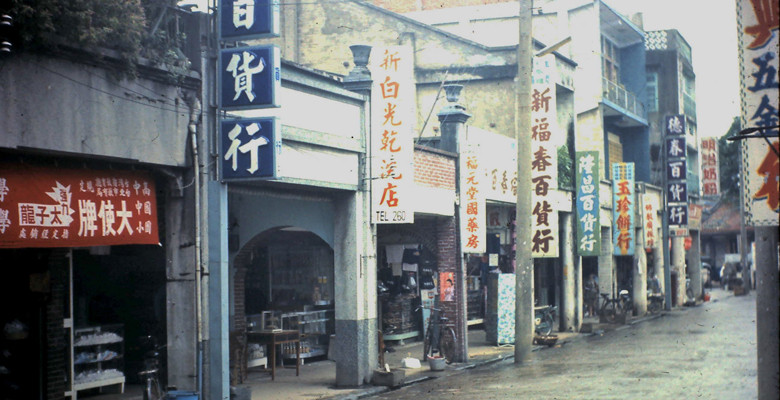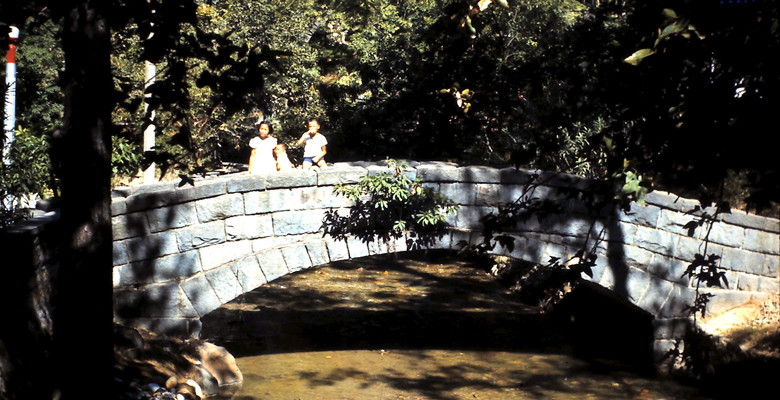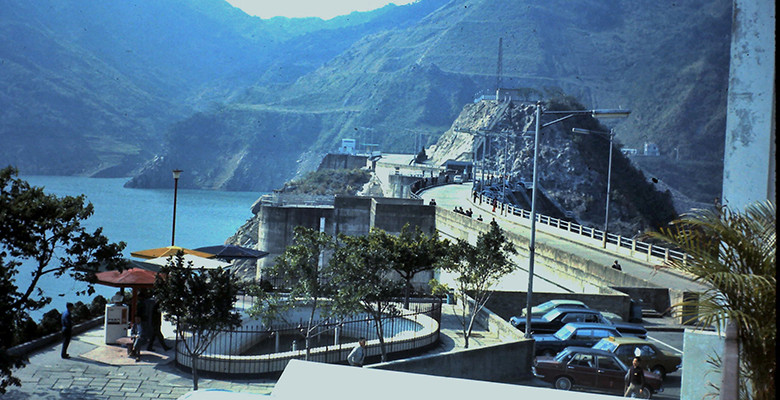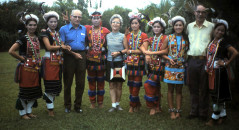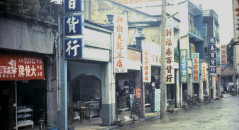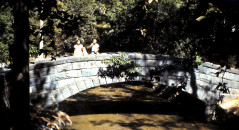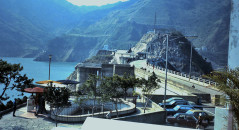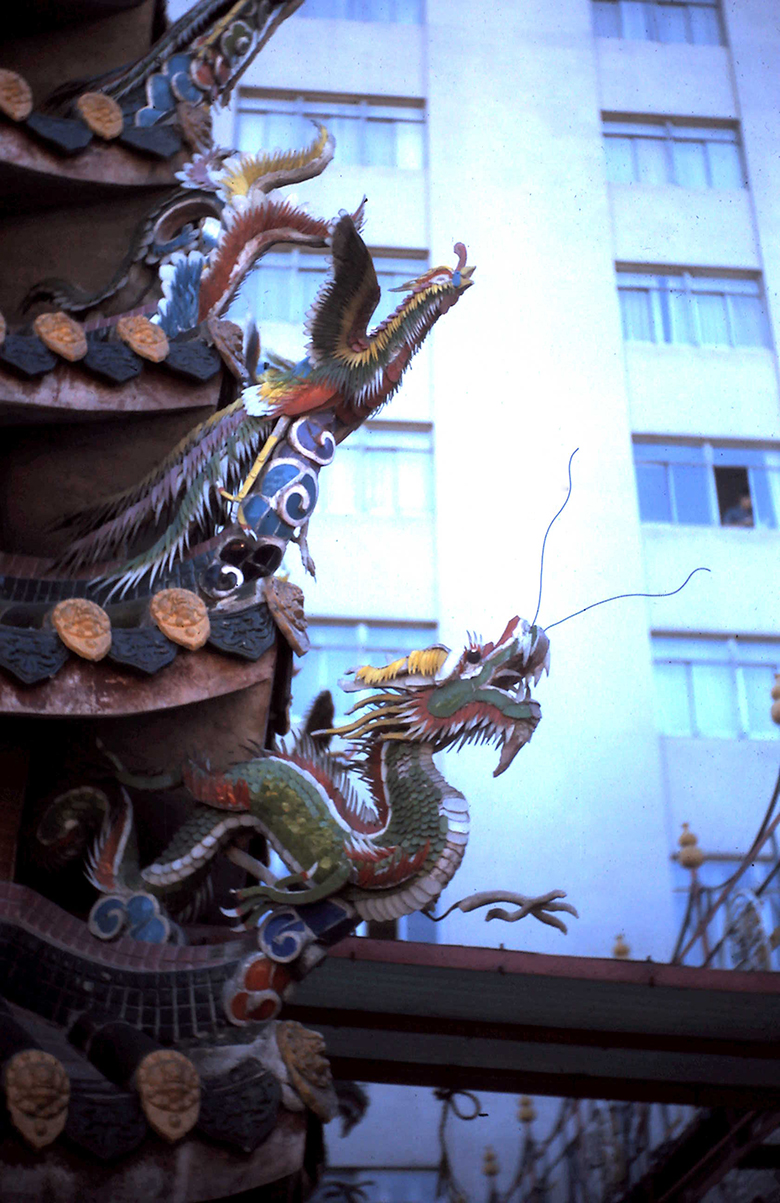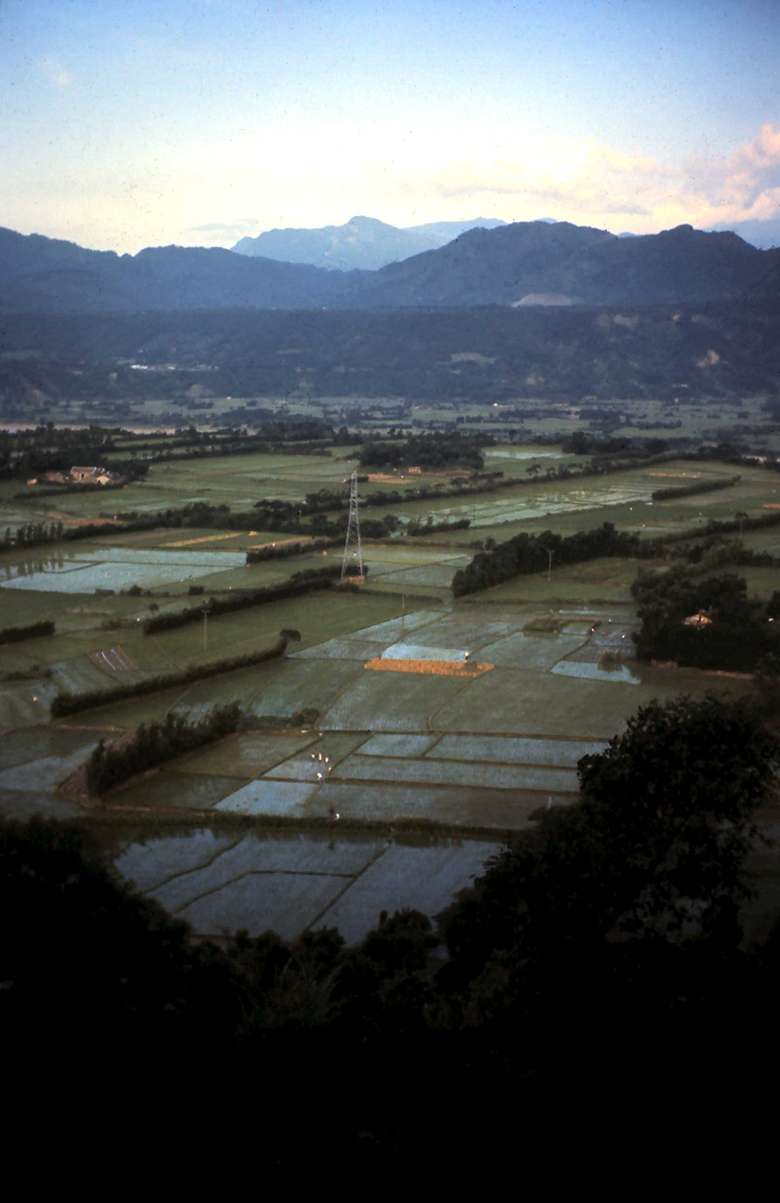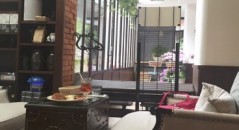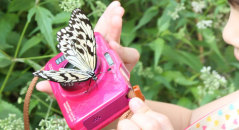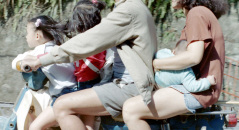I remember how friends reacted in 1989 when I announced I would be taking 2 months off my job in Toronto to accompany my husband on a work assignment in Taiwan. Most didn’t know where it was. Some confused it with Thailand. But I was excited, for Taiwan was a place I felt I knew all about.
I first heard Taiwan mentioned in 1970, at the age of 13. It was then that a small group of people in my small home town of Deep River Ontario were being recruited to be sent there to work. Deep River was, and still is, almost entirely home to employees of Atomic Energy of Canada Limited, which had built an extensive nuclear research lab at nearby Chalk River, as well as other reactors in Canada and around the world including Taiwan, South Korea and India.
The Taiwan project was a major one, and as soon as the deal was signed to build it in 1969, there was a great exchange of technology, culture and personnel that lasted three years. My father was one of the 30 men sent over. The impression left by the Taiwan project became part of our family lore—it was Dad’s Trip to Taiwan, documented in numerous letters, postcards, pictures and souvenirs. It was a wonderful memory for him for years to come.
The lead-up to his deployment to Taiwan was an adventure in itself. There were the weekly Chinese language lessons that took place at various people’s houses. When they were at our house they were in the basement rec room, accompanied by coffee and cake specially made by Mom. There were lessons recorded on tape cassettes, played over and over with space for repetition to get pronunciation just right, and there were flash cards with Chinese characters for learning the written language. Outside of group lessons, my Dad would sit at his desk after dinner with his tape recorder, repeating key phrases over and over. “Can you tell me the way to the railway station?” was one phrase he played over and over again, and it became one of our favourites to tease him with, good naturedly of course. Chinese dinners were held, to acquaint the employees and their families with Chinese food, which wasn’t widely available in Canada at the time. There were vaccinations to get. Accounts from the earliest employees to go to Taiwan were published in the local newspaper. Taiwan was indeed seen as an exotic and exciting place. For a long time, when we said goodnight to Dad at bedtime, he’d reply “mingtian jian” (see you tomorrow).
At the same time, personnel from Taiwan’s nuclear industry came to Chalk River to learn about the running of the nuclear reactor to be built. For them, too, it meant learning about a new culture. Some lived for a time in Deep River, and social events such as dinners became common among the Canadians and Chinese. As a teenager, I remember babysitting for a Taiwanese family who lived nearby, often I could sense their homesickness. Living in a remote Canadian town like Deep River would have been a culture shock for them.
There were also organised tours of tourist and nuclear sites around the province for the scientists from Taiwan. My father led one such group, but was both amused and appalled that the Chinese scientists were most excited about visiting McDonalds and trying Big Macs!
After about a year of preparation, it was finally time for Dad to go to Taiwan. He went there alone, as did most of the men, since AECL didn’t pay for families to relocate with them. He was there for 6 months, so it was a hardship. A small handful of families did go, or at least visit. We didn’t, since my mother did not share my father’s love of adventurous travel, and, of course my siblings and I were too young to go alone, and had to attend school.
We knew we would miss him but we also knew it was the start of something exciting. After some stops including Fiji and Sydney Dad arrived in Taipei. After a stay in the President Hotel in Taipei, Dad moved into a house in the scenic Shimen dam area, near the project construction site (now INER). Other workers lived in the surrounding area in houses or apartments. Dad was thrilled to live in such a beautiful setting! As an amateur naturalist, and it afforded him the opportunity to study the new types of plants and insects, and it was through his numerous long letters filled with descriptions of his surroundings that we came to know the Taiwan that he knew.
The scenery around Shih Yuan is marvellous. The part of the village where I lived along with 3 other Canadians is perched on the edge of a valley. The floor of the valley is covered with rice farms and has a few villages to which I frequently walked. At the far side of the valley several ranges of mountains rise, the nearest range is quite low, the farthest being the highest. It is said that on a clear day you could count six ranges, one behind the other.
Photos that Dad brought back showed a lush tropical land with interesting vegetation, exotic temples and beautiful landscapes. We heard details of daily life for the workers, like exploring the local villages, numerous trips to Taipei for shopping and sight-seeing, banking chores, and dinners at various restaurants. Maps from his visit show a much smaller Taipei than today, it existed mainly along the Tamsui River and only extended about as far as Dunhua Road to the east. Dad’s Chinese lessons served him well. He had worked on both the written and spoken language, so he could function fairly well in the restaurants and shops. Weekends were spent exploring the island—Sun Moon Lake, Ali Shan, the north coast and so on. Pictures and vivid descriptions made their way back to us, and it sounded magical.
When I found out I would finally be going to this wonderful place, I couldn’t wait.
Kathleen’s story is continued in part two.

